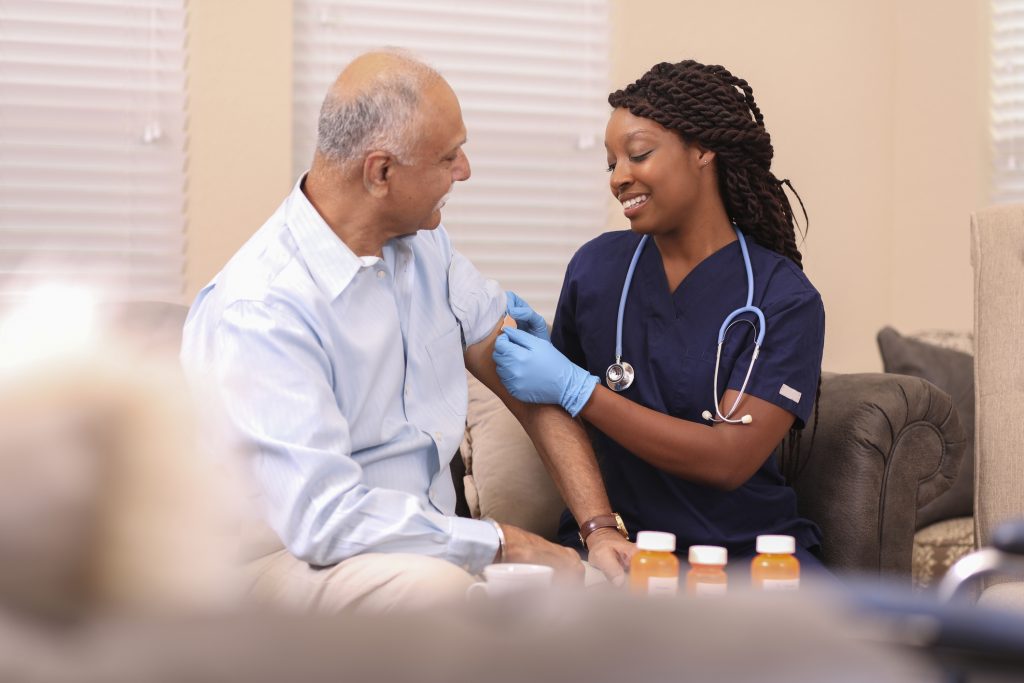 Halloween is a family-favorite holiday full of spooky fun and lots of candy. However, it can also present many opportunities for injury as kids take to the streets in pursuit of trick-or-treat goodies.
Halloween is a family-favorite holiday full of spooky fun and lots of candy. However, it can also present many opportunities for injury as kids take to the streets in pursuit of trick-or-treat goodies.
Statistics show that roughly four times as many children between the ages of five and 14 are killed while walking on Halloween evening compared to other evenings of the year. Injuries due to falls and other accidents are also common among children on Halloween.
Parents can help minimize the risk of children getting injured on this holiday by following these safety tips from the American Academy of Pediatrics, the Centers for Disease Control and Prevention, and the National Safety Council.
On Halloween, children should:
- Go only to well-lit houses.
- Remain on porches without actually entering a house.
- Travel in small groups accompanied by an adult.
- Use flexible, non-sharp plastic props for costume pieces such as knives and swords.
- When walking through neighborhoods trick-or-treating, use flashlights, stay on sidewalks, and avoid crossing yards.
- Cross at appropriately-designated crosswalks and do not cross between parked cars.
- Be sure to stop at all corners and stay together in a group before crossing.
- Wear clothing or costumes that are bright, reflective, and flame-retardant.
- Consider using face paint instead of masks that can obstruct a child’s vision.
- Avoid wearing hats that will slide over children’s eyes.
- Avoid wearing long, baggy, or loose costumes or oversized shoes that may cause kids to trip.
- Be reminded to look left, right, and left again before crossing a street.
On Halloween, parents and adults should:
- Supervise trick-or-treating for children under the age of 12.
- Avoid giving choking hazards such as gum, peanuts, hard candies, or small toys as treats to young children.
- Ensure the safety of pedestrian trick-or-treaters.
- Make sure children under the age of 10 are supervised as they cross the street.
- Drive slowly.
- Watch for children in the street and on medians.
- Exit driveways and alleyways slowly and carefully.
- Have children get out of cars on the side of the sidewalk, not the street.
Follow these tips to keep both your children and yourself safe this year. Have a happy and fun Halloween!
All content of this newsletter is intended for general information purposes only and is not intended or implied to be a substitute for professional medical advice, diagnosis or treatment. Please consult a medical professional before adopting any of the suggestions on this page. You must never disregard professional medical advice or delay seeking medical treatment based upon any content of this newsletter. PROMPTLY CONSULT YOUR PHYSICIAN OR CALL 911 IF YOU BELIEVE YOU HAVE A MEDICAL EMERGENCY.









